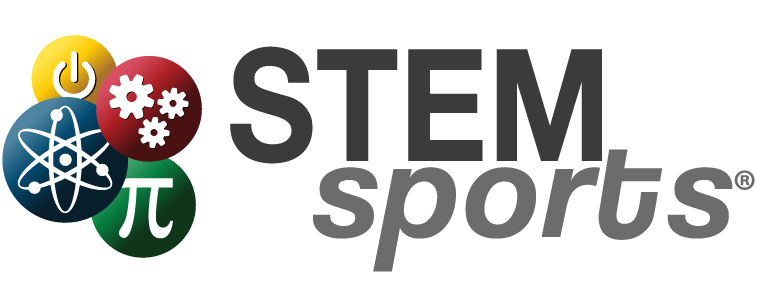

Baseball is certainly a sport analyzed, interpreted, and driven by statistics. Likewise, the majority of baseball fans identify with the “M” in STEM as a significant part of the game. That said, how many fans and/or stakeholders of the game would detect the science, technology, and engineering components of the game? Expectedly, professionals in STEM and sports would not only identify, but apply one or more of these components in their day-to-day jobs. Our students examine, experiment, and explain through the following STEM Sports® lessons to effectively prepare for a career in STEM
Composition of a Baseball
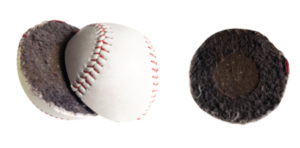

Objective: Students will make observations and measurements of different types of materials. Students will explain how properties impact the function of a baseball.
Standards: NGSS & National K-12 Physical Education
STEM Jobs in Sports:
- Baseball Manufacturer
- Director of Baseball Operations
- Baseball Umpire
- High School Physics Teacher & Assistant Baseball Coach
- Equipment Manager
The Art of Pitching
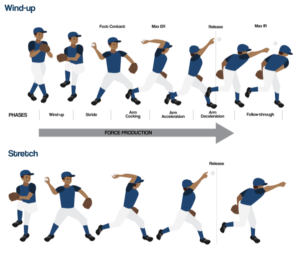

Objective: Students will design an experiment that collects evidence on gravity and pushing forces on two different pitching motions: Wind-up and the Stretch. Students will justify their explanation using key terms of balanced and unbalanced forces.
Standards: NGSS & National K-12 Physical Education
STEM Jobs in Sports:
- Performance Coach
- Baseball Engineer
- Sports Videographer
- Sports Statistical Analyst
- Baseball Scout
The Field of Play
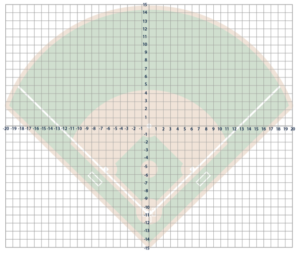

Objective: Students will compare and contrast which position on the field requires the strongest arm and fastest player by using distances on a coordinate plane system. Students will calculate the unknown distance of a right triangle using the Pythagorean Theorem.
Standards: CCSS & National K-12 Physical Education
STEM Jobs in Sports:
- Baseball Developer (IT) – Baseball Data and Development
- Head Baseball Coach & Middle School Math Teacher
- Groundskeeper: Baseball & Softball Fields
- Assistant Athletic Director & JV Baseball Coach
- Parks & Recreation: Equipment Operator
Advancements in Baseball
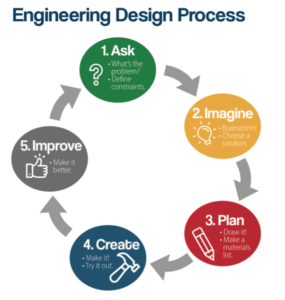

Objective: Students will define the criteria and constraints of an identified problem. Students will test a solution to the problem and analyze the data for improvements. Students will evaluate two solutions to a problem and use evidence to determine if they meet the criteria and constraints of the problem.
Standards: NGSS & National K-12 Physical Education
STEM Jobs in Sports:
- Director of Broadcast Technology
- Patent Agent
- Sports Columnist
- Sports Photographer
- Internet – Sports Producer
We value and acknowledge the importance of statistics in the game, which is why it is STEM Baseball’s “Capstone” project to commensurate student’s knowledge.
The Best Team, Statistically


Concepts: Math: Statistics and Probability
Standards: CCSS
STEM Jobs in Sports:
- Baseball Statistician
- League Official
- Scoreboard Operator
- Official Scorekeeper
- Baseball: Camp Director
Our mission is to provide educators with the necessary tools and resources to inspire and motivate their students to be the next generation of leaders in STEM and/or sports. By delivering curricula that imparts a hands-on approach to learning through critical thinking and collaboration, we aspire to create an environment that is meaningful and intrinsically rewarding for educators and students.
